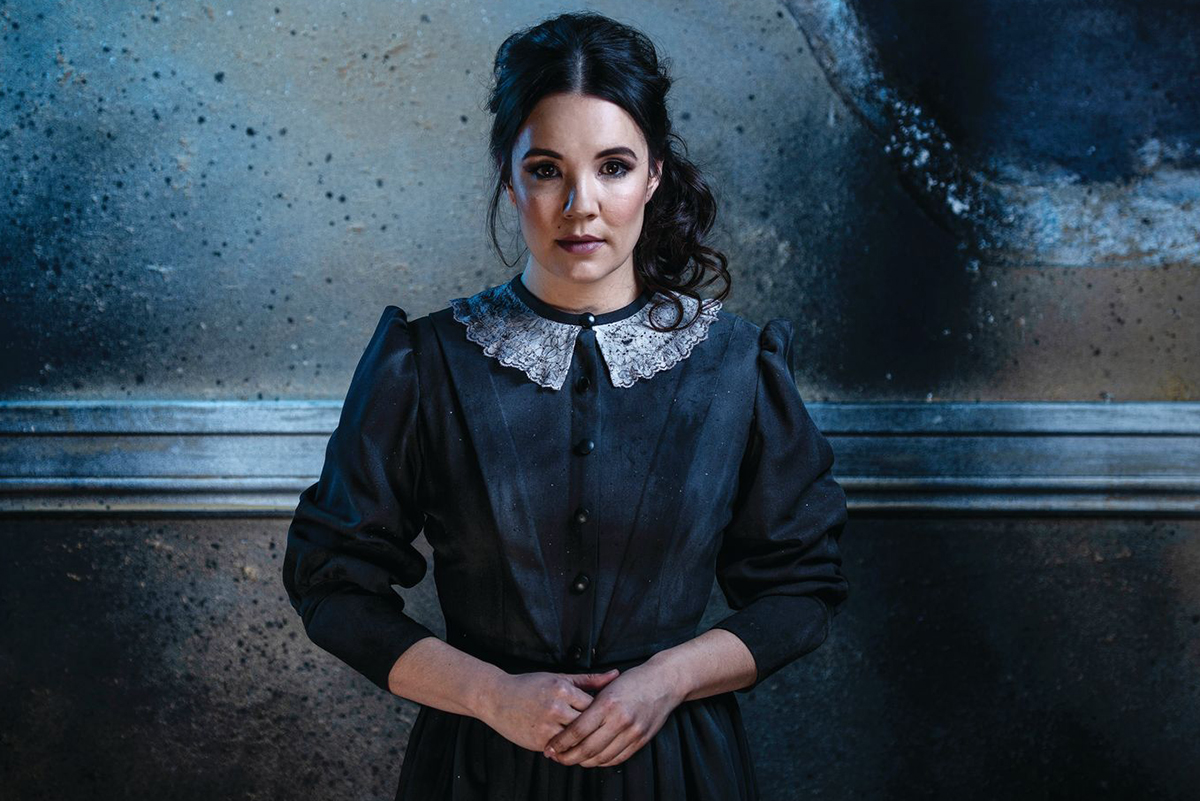
“JANE Eyre” as a Gothic drama? It’s news to me, but as the star of an upcoming adaptation of Charlotte Brontë’s famous novel explains it, the approach sounds fair enough.
Nelle Lee, who plays Jane and, with Nick Skubij, adapted the work and is very clear about what makes it Gothic – not quite so much as “Dracula”, but because of the supernatural element, where Mr Rochester’s voice is heard calling from afar to Jane.
To a cohort of contemporary feminist literary critics re-reading the novel, it’s much clearer – it has a female victim, a victimiser or victimisers, an element of mystery, some kind of imprisonment and, of course, the supernatural – to them “Jane Eyre” ticks all the boxes.
Lee’s been playing Jane since 2019, when the shake & stir theatre co cast enjoyed a three-week season in Brisbane before it got canned because of covid, and her relief at being back on the boards is palpable.
The characters, in Lee’s view, are all the figments of Jane’s mind, so they come in and out of her mind depending on what her thoughts are.
“It’s a real ensemble piece with just four actors,” she says, “and I’m the only one who plays just one part, the musician plays the musical score by Sarah McLeod and doubles as Bertha Mason and the others play everyone else.”
Bertha Mason? That’s Mr Rochester’s first mad wife, hidden in the attic, adding the mystery element necessary to a Gothic tale, but perhaps also a metaphor for all our personal secrets – everybody has had a bit of a Bertha experience, we agree.
Continuing the Gothic theme, Josh McIntosh’s skeletal set is big, cage-like with a central tower that evokes mystery. No wonder the show’s promoters have come up with the line: “As Jane and Rochester become inexplicably drawn to each other, the dark secrets locked within the walls of Thornfield start to unravel, forcing Jane on a heart-wrenching journey.”
Charlotte Bronte, the author, we chorus, was way ahead of her time in writing about the condition of women.
“Hers is a unique feminine perspective even though the pen name she used [Currer Bell] was like that of a male,” Lee notes.
While in part a feminist piece, it was written in a time when women were restricted in what they could be and what they could be trained as.
Viewed from a modern perspective, there’s no question that, as a child, Jane was belittled and abused by family and teachers, her victimisers.
Remarkable among the world’s great romantic heroines, she is a very plain Jane, so plain and insignificant that people never notice her, yet she finds herself as an individual.
Her plainness is worth noting in an era where, as Lee points out: “Hardly an unedited picture ever gets posted to social media… you never see the real side of people.
“You’ll see Jane looking at herself in the mirror, battling with herself, but eventually she says, ‘I am what I want to be’.”
This production goes at breakneck speed, whizzing through Jane’s earlier years at Lowood, the school she gets shipped off to by her horrible aunt and where she learns how to mask her feelings.
But the focus is firmly on Jane and her Mr Rochester, for whom director Michael Futcher has managed to fill out a complex relationship which is not romantic at first, but which grows as the two characters from two different ages and backgrounds find a connection.
Lee is sure that anybody unfamiliar with “Jane Eyre” will be easily able to follow the play.
“The characters are multifaceted and flawed, but still so engaging that audiences will take away a sense of characters who make mistakes,” she says.
Although there have been a couple of scene cuts, the wedding scene – easily the most famous nuptials in all literature – is there, with the pathos of the moment when a stranger steps up to reveal that there is indeed an impediment to the marriage.
“Yes I don a puffy white dress,” she says with relish. “There are so many iconic moments in this book.”
And is there a happy ending? Seasoned readers of the novel know the answer to that, “but put it this way,” Lee says, “the audience will get what they want”.
“Jane Eyre”, The Playhouse, May 17- 21. Book at canberratheatrecentre.com.au or 6275 2700
Who can be trusted?
In a world of spin and confusion, there’s never been a more important time to support independent journalism in Canberra.
If you trust our work online and want to enforce the power of independent voices, I invite you to make a small contribution.
Every dollar of support is invested back into our journalism to help keep citynews.com.au strong and free.
Thank you,
Ian Meikle, editor
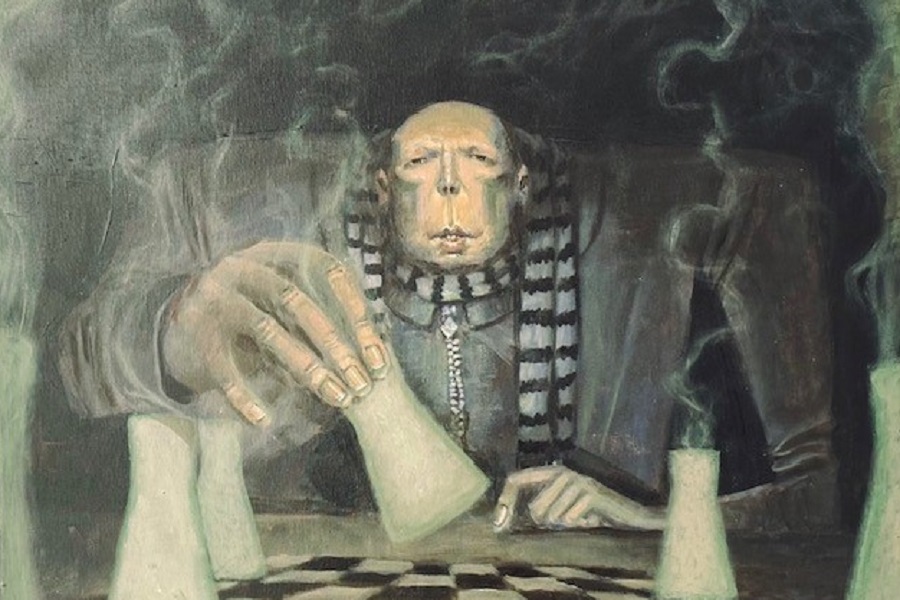
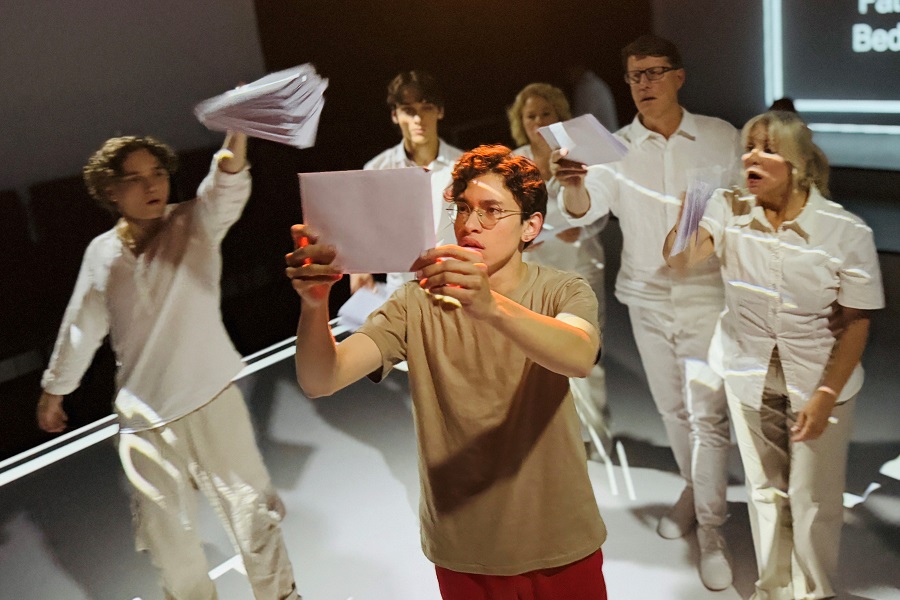
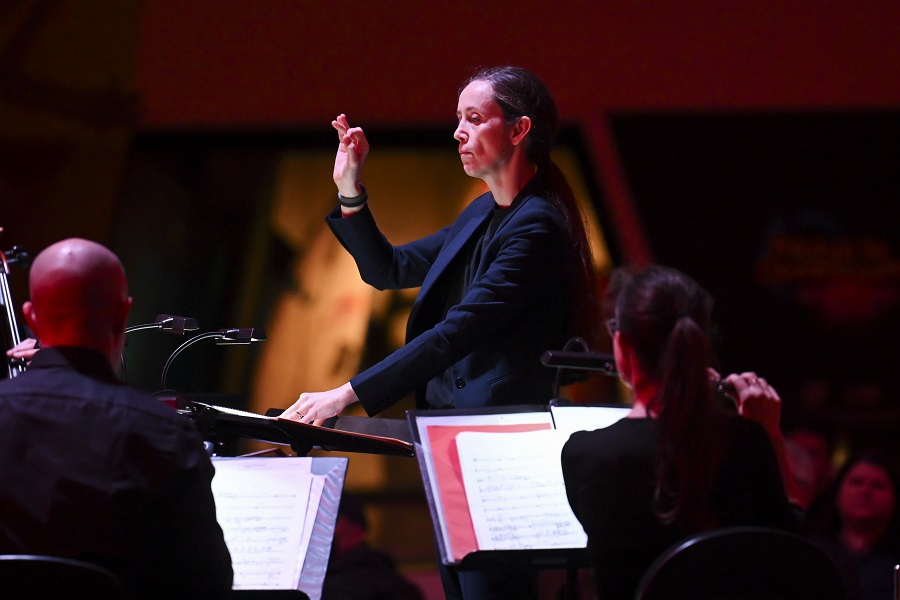
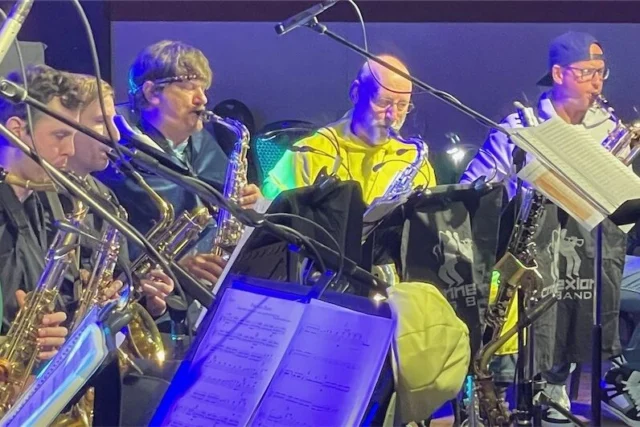

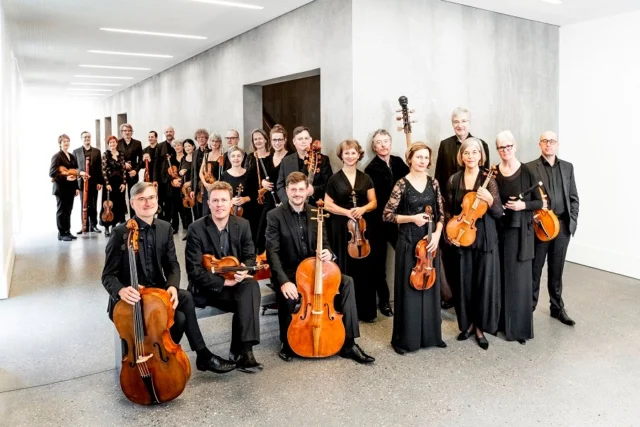


Leave a Reply